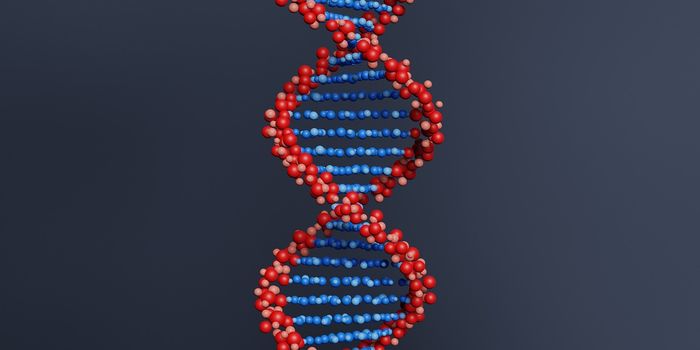What's Causing Prostate Cancer Patients to Doze Off?
For prostate cancer patients, androgen deprivation therapy or ADT is a standard course of treatment aimed at stalling prostate cancer cells' growth. A major drawback of ADT, however, is that patients' energy levels can plummet, a side effect accompanied by depression and problems with cognitive functions. Until now, the mechanism behind this lethargy has been unclear.
Cancer researchers have finally identified the root cause behind these neurological effects of ADT: inflammation. In a recent study published in Cancer, Heather Jim and colleagues from the Moffitt Cancer Centre have identified a specific inflammatory marker called interleukin-6 (IL-6) linked to this debilitating fatigue.
"This is the first study that we know of that examines the association between inflammation and symptoms of fatigue, depression, or cognitive impairment in prostate cancer patients receiving ADT," said Jim.
"Because the blocking of testosterone can increase inflammation in the body, we believe that inflammation may also be contributing to these symptoms."
Jim and colleagues followed a cohort of patients on their ADT treatment journey alongside healthy male participants, tracking changes in energy levels and moods, taking blood samples, and performing a battery of neuropsychological tests. The team scanned the samples for a panel of inflammatory biomarkers, including interleukins (cytokines produced by white blood cells), soluble tumor necrosis factor receptor-2 (sTNF-R2), and C-reactive protein (CRP).
The team observed that a surge in IL-6 levels accompanied a sharp spike in exhaustion, lethargy, and low moods.
"Interleukin-6 is a pro-inflammatory cytokine that is often associated with disruption of sleep and therefore fatigue," explained study lead Aasha Hoogland.
"Studies have shown testosterone can suppress the effects of IL-6, but ADT limits testosterone production in the body, which is why we may be seeing increased levels in this patient group."
The prostate is a walnut-shaped gland that synthesizes seminal fluid, a substance that nourishes and transports sperm. Most prostate cancers cause the gradual enlargement of the gland over time and are not considered dangerous. However, there are subtypes of prostate cancer that are much more aggressive, growing, and spreading quickly to other tissues and organs.
Experts estimate that in 2020 alone, 23,300 men will receive a prostate cancer diagnosis—a figure that makes up 20% of all new cancer cases in men. Over 4,000 men will lose their battle to prostate cancer annually.
The study’s finding is the first step in improving the quality of life for prostate cancer patients undergoing clinical interventions for their condition. Follow-up studies are focused on determining whether anti-inflammatory supplements and more physical activity can combat lassitude and depression in these patients.
Source: Cancer, Moffitt Cancer Centre.









